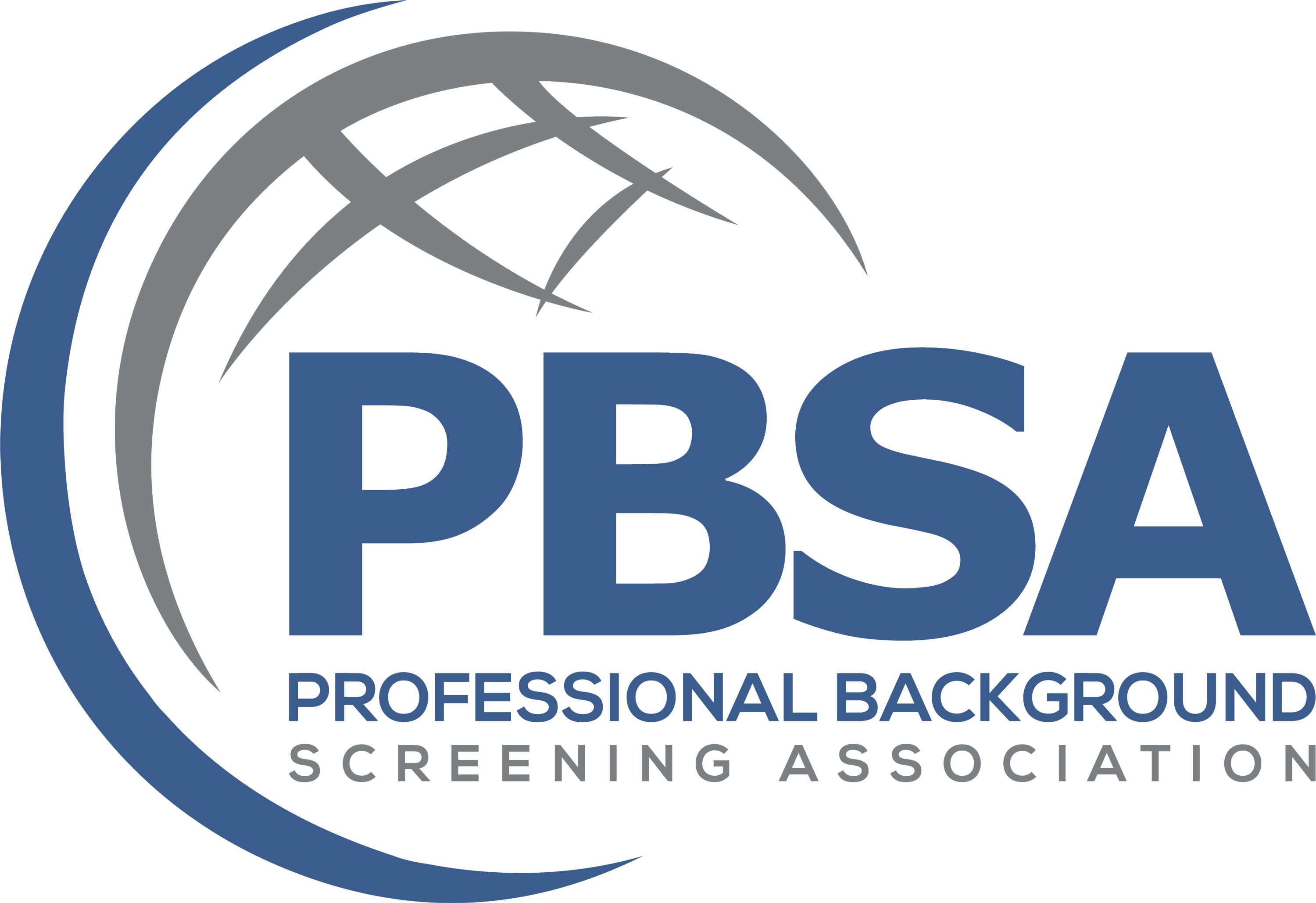A recent survey by ResumeLab found that 36% of applicants admitted to lying on their resumes. People who falsified their resumes cited lack of experience or long-term jobs as the primary reasons for their dishonesty. According to TribePad research of employees and job seekers , 88 % of the more than 1 in 5 job applicants who understand application tracking systems (ATS) fabricate information on their resumes to avoid being rejected.
It’s been found out that aside from inaccurate employment dates, false academic credentials and certifications, vague skills and accomplishments–-the number 1 offender in terms of falsified information are copy/pasted resumes from the internet!
This comes as no surprise, as Google has become the go-to resource in coming up with information, even plagiarised ones.
While the resume is not the sole representation of a person’s skills (assessments, interviews, and tests help you better screen a candidate), it’s actually the amount of time and resources spent in processing a candidate only to end up with an unfit endorsement to the next stage of the hiring process.
To better equip yourself here are some sites that you can check out for plagiarism.
- Prepostseo – The plagiarism checker is the easiest to use for newbies. It’s simple to use and checks for plagiarism in your CV. You can study Prepostseo’s data at no risk as their intellectual property is safeguarded and does not maintain repository material.
- Check-plagiarism.com – This plagiarism scanner scans all of the billions of websites and media where your work can be plagiarized.
- Grammarly – It is a cost-effective online tool for detecting plagiarized content and enhancing one’s writing style and substance. The tool is a sophisticated writing feedback tool that identifies and corrects grammar issues while also providing comments on the tone, readability, and clarity of the content.
- Quetext – With the use of this web tool, users can execute advanced DeepSearch methodologies including contextual analysis and intelligent algorithmic word placement. With this application, users can see how much of their material has been plagiarized and take action if necessary.
- PlagTracker – Plagiarism detection, grammar correction, and proofreading are all possible with this online service. Before posting, publishers and site owners can check to see if the content is their own.
Plagiarism checking software has gained in popularity, especially in the recruiting industry. Employers can use such applications to determine whether the content in a resume is copied from another document. These apps function on a database theory of operation to avoid potential problems, generic resume templates and, more critically, copying material from other people’s resumes, which may result in legal implications.


